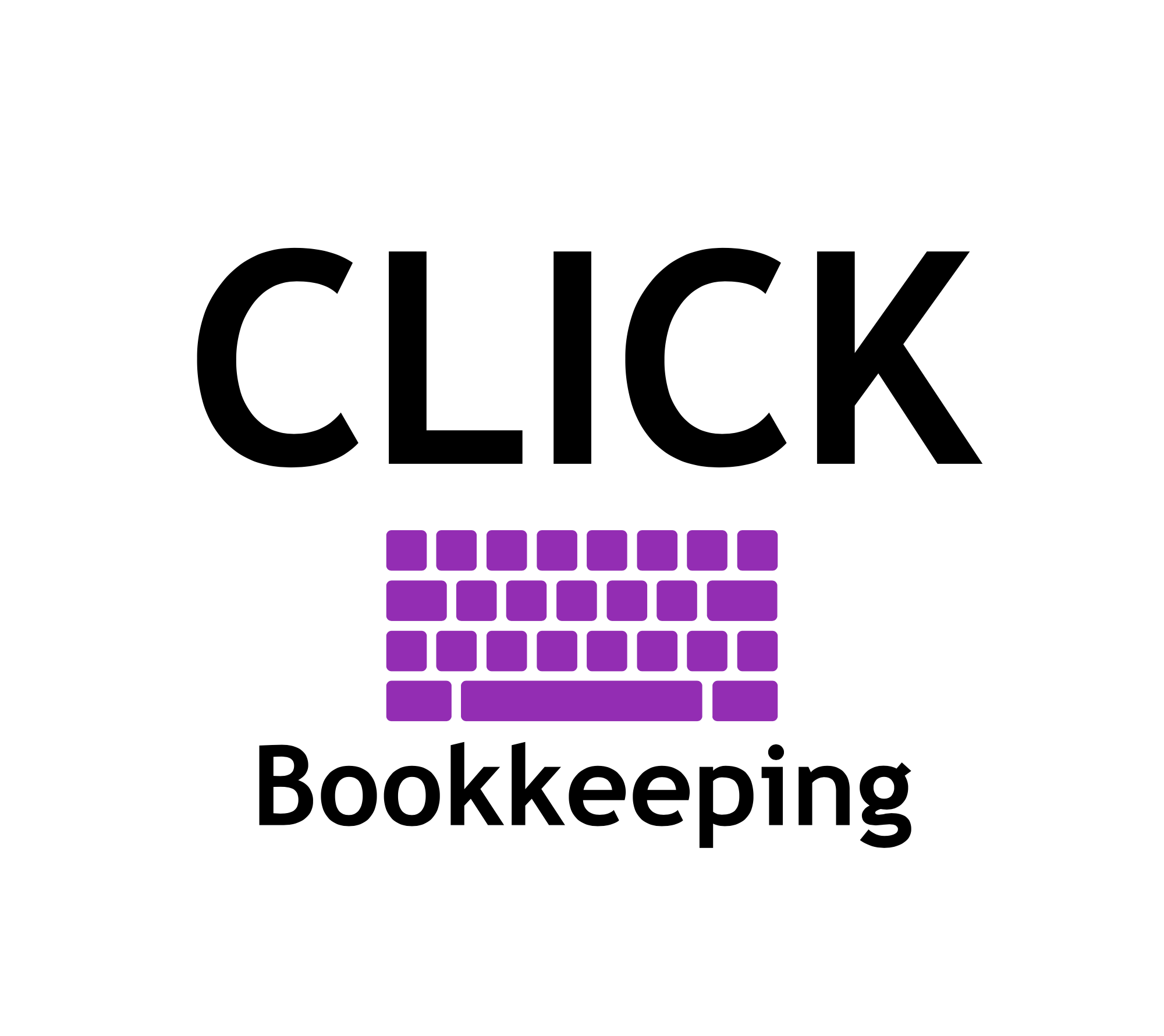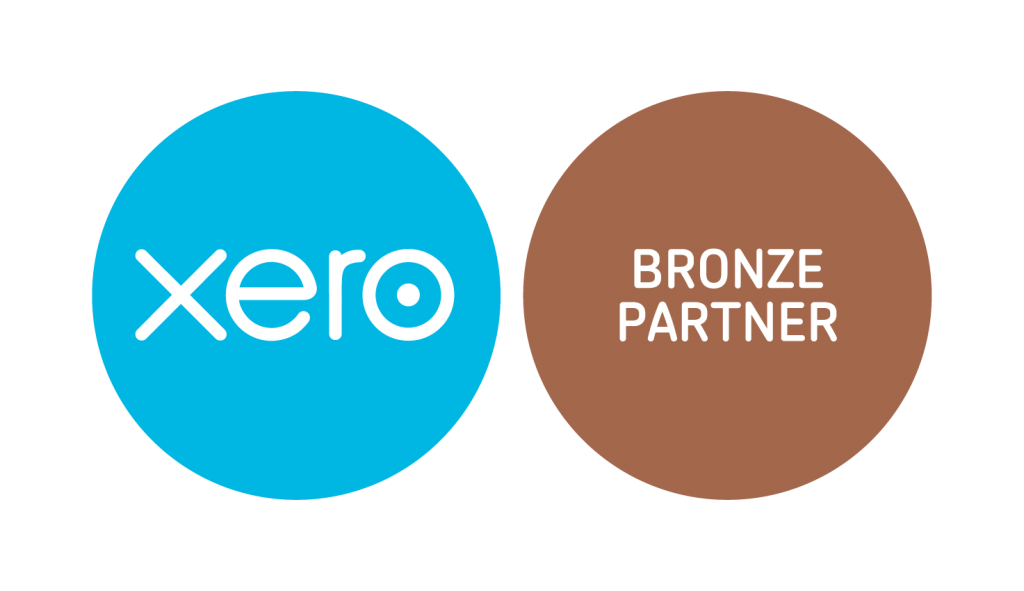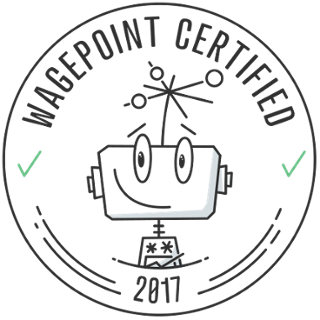The Tech Stack
I firmly believe that properly using technology can make your life better. Implementing a tech stack into your business will save you time and provide you with the resources you need to effortlessly manage your business.
Xero is the heart of your business and the keeper of finances - your online accounting software. From importing bank transactions to sending invoice reminders, Xero’s ecosystem of features and apps automatically handles tasks so you can get your accounting done faster.
Every business has unique needs and you should never be limited by your software. Xero beautifuly integrates with a ton of great software to help completely automate your business. The App Marketplace is a great place to start - Click Bookkeeping can build a Tech Stack that is suited to your business and your Work Flow.







